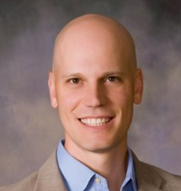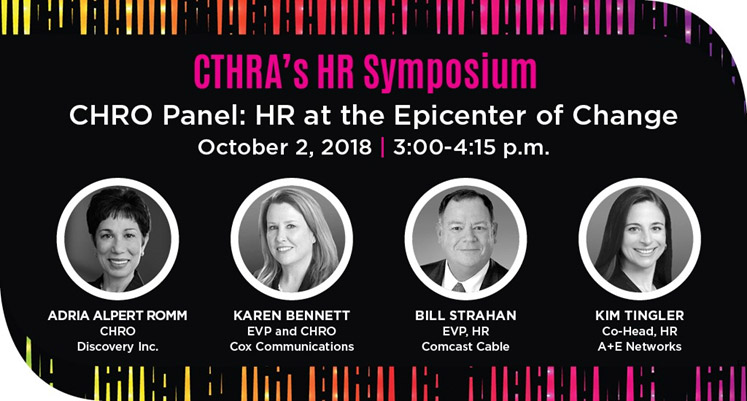|
Technology
Can Bridge the Generational Divide
By
Raymond Lee, Founder and CEO, Careerminds
The
impact of technology on our modern world
cannot be understated. Everywhere you look,
from your refrigerator to your smartphone,
you will find some sort of underlying technological
backbone. While these technologies
are commonplace in our personal lives, they
are becoming increasingly more prevalent
in our work lives too. The rise of artificial
intelligence (AI), automation systems and
digitalization of the workforce have had
profound impacts on how and where we work
as well as the quantity of work required. our personal lives, they
are becoming increasingly more prevalent
in our work lives too. The rise of artificial
intelligence (AI), automation systems and
digitalization of the workforce have had
profound impacts on how and where we work
as well as the quantity of work required.
For HR, many of these systems make lives easier. Gone are the days of paperwork, yearly reporting and hard-to-manage and often chaotic policy initiatives. Nowadays, much of this can be handled from the comfort of one’s desk or home. But there are other challenges at work here, too. While we are inundated with more and more tech, there’s a huge shift playing out behind the scenes: the end of the Baby Boomer era.
This generational shift has been talked about extensively. However, it’s rarely looked at through a technological lens. Through the use of technology, HR leaders can help Baby Boomers remain valuable members of the workforce while also preparing for the next life stage. That same technology can also help Millennials prepare to be the leaders of tomorrow. Let’s take a closer look.
A Generational Shift: A Primer
For those who need a refresher, it’s estimated that 10,000 Baby Boomers reach retirement age every day in the US. This stat can make it seem like there is a mass exodus of Baby Boomers leaving the workforce, but that’s not the case. Baby Boomers are redefining what it means to retire. They are working at organizations longer, leaving to start somewhere new and even launching their own businesses at an age when people previously stopped working all together. Boomers can impart their knowledge by helping their Millennial counterparts identify what it takes to be a strong leader and understand how the business works. In the end, by using technologies like Slack, Trello, Skype and countless other platforms, the two generations can engage and collaborate.
Staying Current in an Ever-Changing Workplace
With Baby Boomers remaining in the workforce much longer than generations before them, it’s vital that HR and business leaders not only retain them but allow them to thrive in the modern era. Why? Baby Boomers are some of the most knowledgeable staff an organization can have. They have worked for in the industry for many years and have gained an intimate understanding of how the business works—something that Millennials and other generations lack.
Knowledge transfer is a huge issue when it comes to offboarding, especially retirements. Many organizations allow their more tenured staff to simply make an exit without trying to retain their talents, ignoring the fact that the knowledge they have is of utmost importance if the company wants to continue marching into the future.
Alongside knowledge retention, is the fact that many Baby Boomers worry that the increase in technology may put them behind when it comes to being an attractive choice for other organizations. This is largely because Millennials and Gen Z members have grown up with technology, whereas Boomers had to adopt these technologies late in their careers. Again, by having Baby Boomers work with Millennials, we can bridge the tech gap, allowing Baby Boomers to feel more confident in their current role as well as retirement.
Business Impact
Even though it’s clear how reverse mentoring impacts your workforce, what’s the business case? By bridging the generational gap using technology and other tools, you will retain valuable knowledge within your workforce, create a healthier transition when Baby Boomers or others leave your organization and foster leadership growth for younger generations. However, if you ignore this opportunity, you risk a potential brain drain when tenured members leave.
There are many different programs that bring generations together using technology. They sky is really the limit!
About Raymond
Lee
Raymond Lee is the Founder and CEO of Careerminds,
a technology-enabled outplacement and retirement
coaching company launched in 2008. He will
be a featured speaker at CTHRA’s HR
Symposium on October 2, 2018 in Philadelphia.
Register
to attend!

SHARE
THIS ARTICLE

|